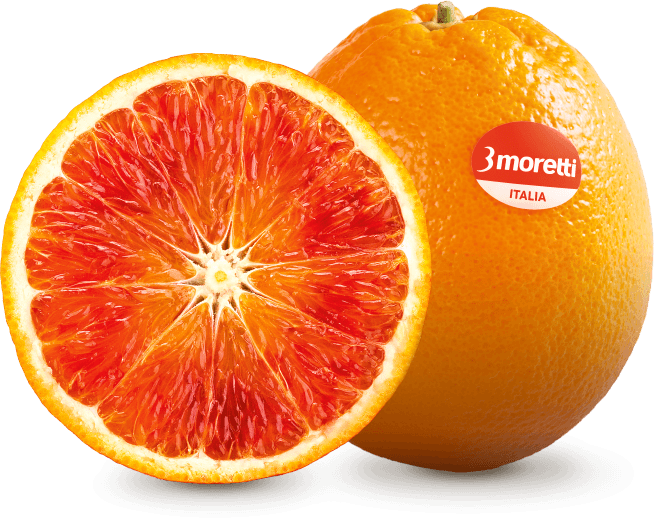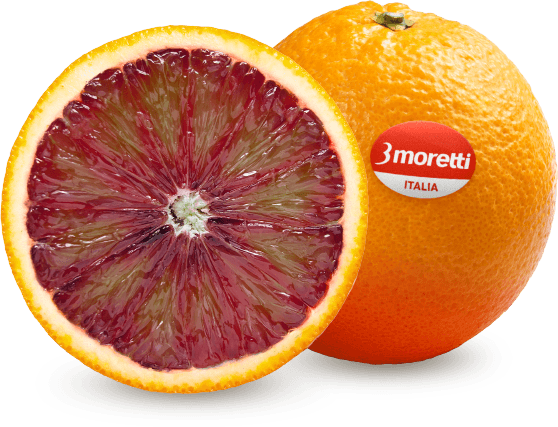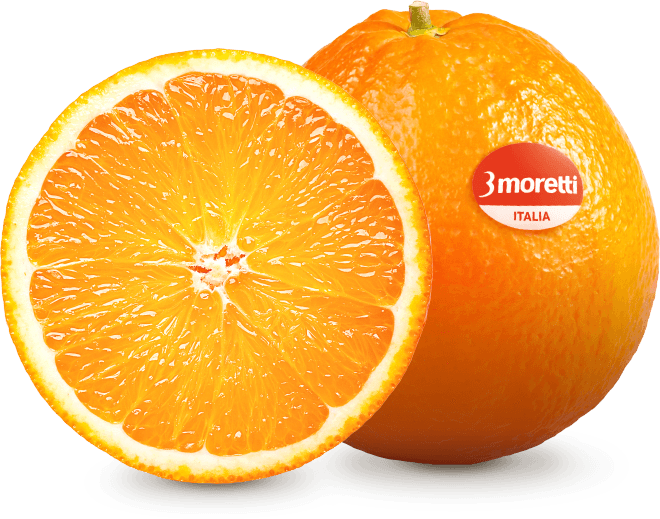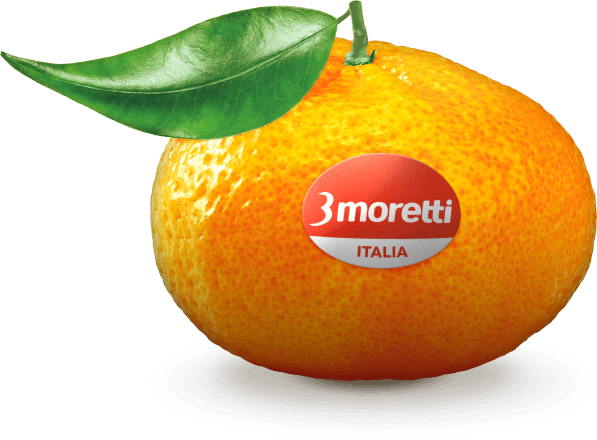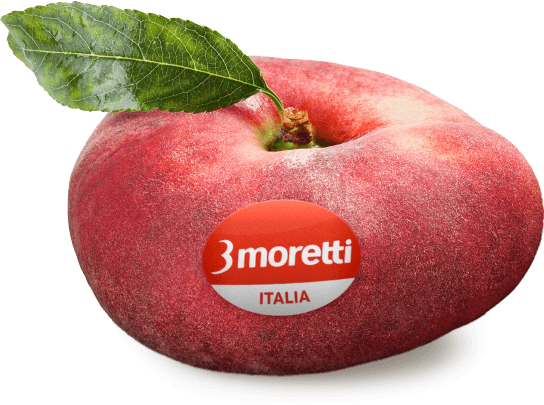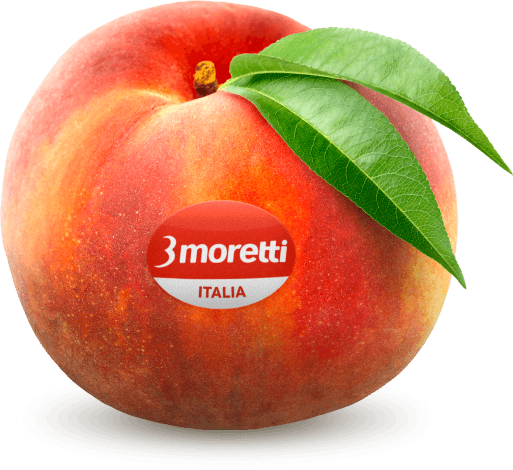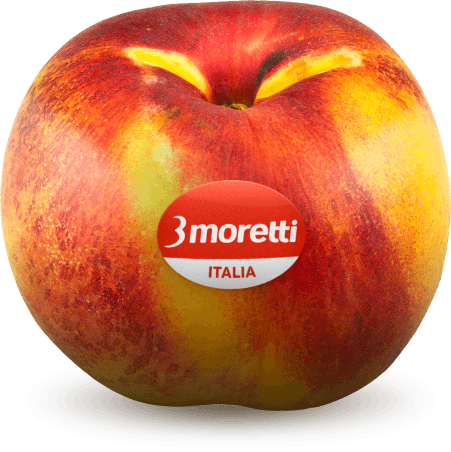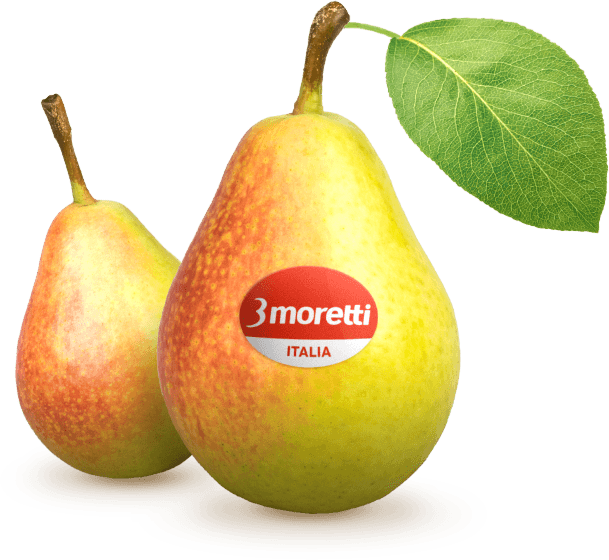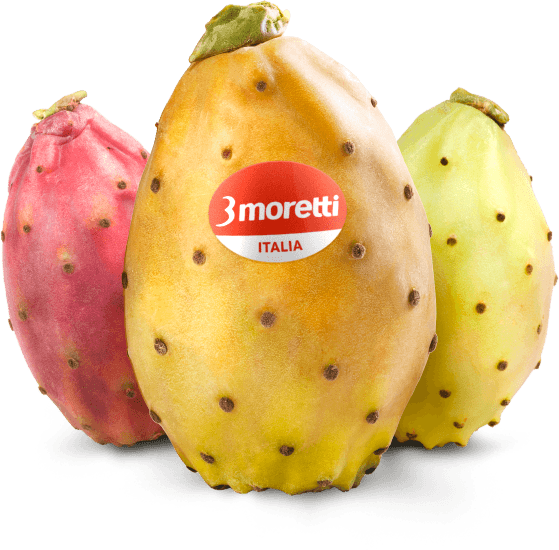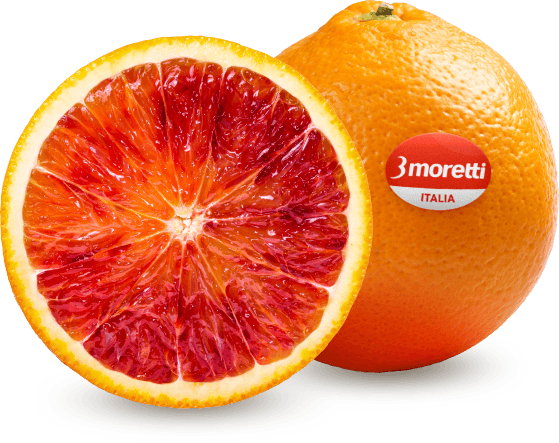The fridge is not always the right place
Choosing fruit with care, buying products grown using integrated biological control methods and favouring seasonality is certainly important, but it is often underestimated that in order to preserve all the characteristics of the fruit, it must also be stored in the right way.
For example, it is good to know that the refrigerator is not always the best solution for some fruits. In fact, most citrus fruits such as blond and blood oranges and mandarin oranges should not be placed in the refrigerator because they will deteriorate.
In the refrigerator, the fruit should be placed in the drawer provided. Why here? Simply because fruit and vegetables need more humidity, and the drawers in our fridges are designed to do just that: to keep the humidity as high as possible. In addition, the drawer, by limiting contact with the air, reduces the possible weight loss that some fruits are subject to, i.e. the loss of water that will cause them to shrivel and become dry.
In short, here in the refrigerator drawer, all the conditions are in place for optimal storage of fruit, but also of some vegetables.
Coscia pears are at their best when placed in the refrigerator. They are a tasty and refreshing snack, ideal for summer days, but it is best to take them out at least an hour beforehand so that they can release their unique flavour and taste.
Prickly pears are also good eaten fresh. But they don't necessarily have to go into the fridge. For example, if intact, they can be placed in a container and covered with a damp cloth. When peeled or sliced, however, the refrigerator is the only way to preserve them.
Peaches, on the other hand, including the typical Sicilian doughnut peaches, are best enjoyed at room temperature, but should be eaten within a few days. Out of the fridge, the skin tends to shrivel as it ripens. To avoid this, they can be placed in the refrigerator drawer for a few days and taken out of the refrigerator before consumption.
When putting fruit in the fridge, it is best not to wash it.
Any residual moisture will affect its preservation, so just run it under the tap before eating it.
In addition, the refrigerator drawer should always be kept clean and dry. A practical solution is to place some kitchen cloths on the bottom to absorb any excess moisture.
Citrus fruits, best out of the fridge
The refrigerator helps to keep the fruit fresh by preventing it from fermenting or spoiling. In some cases, however, it is better to store them outdoors, as long as the temperature does not exceed 15°C.
Citrus fruits are best stored at room temperature, in a cool place, away from direct light or heat sources such as cookers or ovens.
Every now and then, the fruits should be turned to prevent them from touching each other in the same places for a long time. This trick will lengthen their shelf-life.
Citrus fruits can still be stored in the refrigerator, but they should not be kept too long as they can dry out and be particularly bitter. If this storage option is preferred, they should be placed in ventilated, open containers: the perforated bag they are sold in, for example, is fine.
At 3moretti, we make sure that the fruit is always picked at the right time.
In this way, it will be at the ideal point in the ripening cycle when it is brought to the table.
However, a trick to ripen unripe fruit faster is to store it together with a ripe apple or banana. It is the ethylene released by these fruits that accelerates the ripening process.
To learn more about other food safety topics, you can consult the official website of the Italian Ministry of Health.




